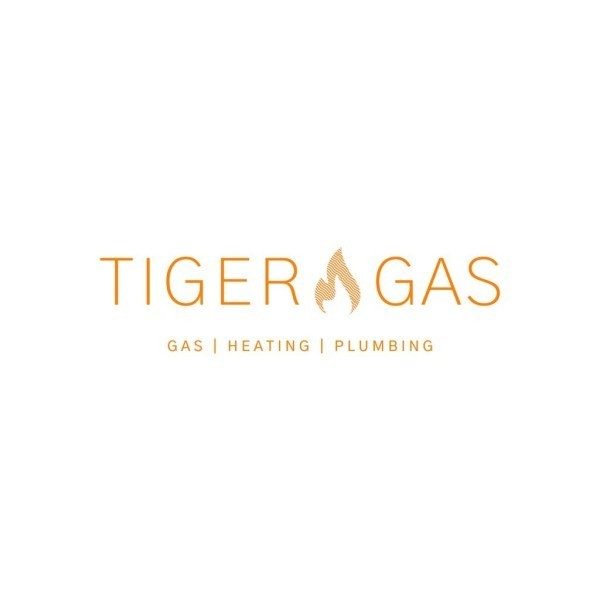Introduction to Boiler/Heating Engineers in Hartlepool
Hartlepool, a charming town in the North East of England, is known for its rich maritime history and vibrant community. As the chilly winds of the North Sea sweep through the town, the need for reliable heating systems becomes paramount. This is where boiler/heating engineers in Hartlepool come into play. These skilled professionals ensure that homes and businesses remain warm and comfortable, even during the harshest winters.
The Role of Boiler/Heating Engineers
Boiler/heating engineers are the unsung heroes of the colder months. They are responsible for installing, maintaining, and repairing heating systems. Their expertise ensures that boilers operate efficiently, reducing energy costs and minimising the risk of breakdowns. In Hartlepool, these engineers are particularly crucial, given the town's climate and the age of many of its buildings.
Installation Services
When it comes to installing a new boiler, precision is key. Engineers assess the specific needs of a property, considering factors like size, insulation, and existing infrastructure. They recommend the most suitable boiler type, whether it's a combi, system, or conventional boiler, ensuring optimal performance and energy efficiency.
Maintenance and Servicing
Regular maintenance is vital for the longevity of a boiler. Engineers conduct annual servicing, which includes cleaning components, checking for leaks, and ensuring all parts are functioning correctly. This proactive approach helps prevent unexpected breakdowns and extends the life of the heating system.
Repair and Emergency Services
Even with regular maintenance, boilers can sometimes fail. In such cases, heating engineers provide prompt repair services. They diagnose issues quickly and efficiently, often offering 24/7 emergency services to ensure that residents aren't left in the cold.
Qualifications and Training of Heating Engineers
Boiler/heating engineers in Hartlepool are highly trained professionals. They undergo rigorous training and must hold specific qualifications to operate legally and safely. This ensures that they are equipped to handle the complexities of modern heating systems.
Essential Qualifications
To work as a heating engineer, one must have a Gas Safe registration. This certification is mandatory in the UK and ensures that engineers are competent in handling gas appliances safely. Additionally, many engineers pursue NVQ or City & Guilds qualifications in plumbing and heating.
Continuous Professional Development
The heating industry is constantly evolving, with new technologies and regulations emerging regularly. Engineers in Hartlepool engage in continuous professional development to stay abreast of these changes. This commitment to learning ensures they can offer the best possible service to their clients.
Choosing the Right Boiler/Heating Engineer in Hartlepool
With numerous engineers available, selecting the right one for your needs can be daunting. However, by considering a few key factors, you can make an informed decision.
Experience and Reputation
Experience is a crucial factor when choosing a heating engineer. Those with years of experience are likely to have encountered a wide range of issues and can provide effective solutions. Additionally, checking online reviews and asking for recommendations can give insight into an engineer's reputation.
Cost and Value
While cost is an important consideration, it shouldn't be the sole deciding factor. It's essential to weigh the cost against the value offered. A slightly higher price may be justified if it means receiving superior service and expertise.
Availability and Response Time
In the event of a boiler breakdown, a quick response is crucial. Choosing an engineer who offers flexible scheduling and rapid response times can save you from prolonged discomfort.
Common Boiler Issues in Hartlepool
Boilers can encounter a variety of issues, especially in older properties common in Hartlepool. Understanding these problems can help homeowners identify when to call in the experts.
Low Pressure
Low boiler pressure can lead to inefficient heating. This issue is often caused by leaks or bleeding radiators. Engineers can quickly diagnose and rectify the problem, restoring the system's efficiency.
No Heat or Hot Water
A lack of heat or hot water is a common complaint. This can be due to a malfunctioning thermostat, broken diaphragm, or airlocks. Professional engineers can identify the root cause and implement the necessary repairs.
Strange Noises
Boilers should operate quietly. If you hear banging, whistling, or gurgling sounds, it could indicate a problem. These noises often result from air in the system, low water pressure, or a faulty pump.
The Importance of Energy Efficiency
Energy efficiency is a significant concern for many homeowners. Efficient boilers not only reduce energy bills but also minimise environmental impact.
Modern Boiler Technology
Modern boilers are designed with energy efficiency in mind. Condensing boilers, for example, capture and reuse heat that would otherwise be lost, significantly improving efficiency.
Smart Thermostats
Integrating smart thermostats with heating systems allows for greater control over energy use. These devices learn your schedule and adjust heating accordingly, ensuring comfort while reducing waste.
Environmental Considerations
As awareness of environmental issues grows, many homeowners are seeking ways to reduce their carbon footprint. Heating engineers play a vital role in this endeavour.
Renewable Energy Options
Some engineers specialise in renewable energy solutions, such as solar thermal systems or heat pumps. These options can significantly reduce reliance on fossil fuels and lower emissions.
Recycling and Disposal
When replacing old boilers, responsible disposal is crucial. Many engineers ensure that old units are recycled or disposed of in an environmentally friendly manner, reducing landfill waste.
Frequently Asked Questions
- What qualifications should a heating engineer have? A heating engineer should be Gas Safe registered and may hold additional qualifications like NVQ or City & Guilds in plumbing and heating.
- How often should a boiler be serviced? It's recommended to have your boiler serviced annually to ensure it operates efficiently and safely.
- What are the signs of a boiler problem? Common signs include low pressure, no heat or hot water, and unusual noises.
- Can I install a boiler myself? No, boiler installation should always be carried out by a qualified professional to ensure safety and compliance with regulations.
- How can I improve my boiler's energy efficiency? Regular maintenance, using a smart thermostat, and upgrading to a modern condensing boiler can improve efficiency.
- What should I do in a boiler emergency? In an emergency, turn off the boiler and contact a qualified heating engineer immediately.
In conclusion, boiler/heating engineers in Hartlepool are essential for maintaining the warmth and comfort of homes and businesses. Their expertise ensures that heating systems operate efficiently, safely, and sustainably, providing peace of mind to residents throughout the town.







